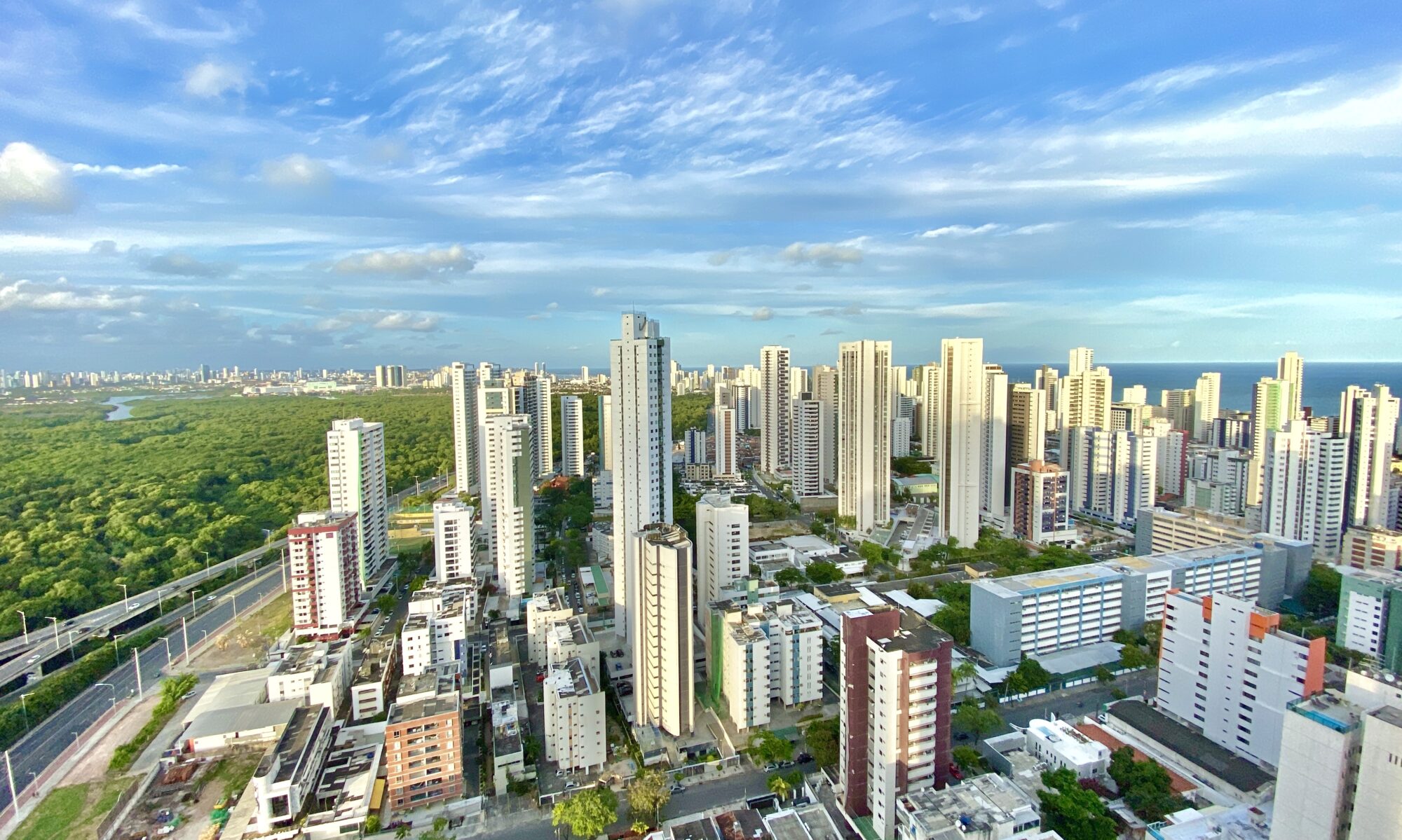- Atlantic Forest
- Biodiversity of the Tropical Forests
- Biological Diversity
- Caatinga: Biodiversity Under Threat
- Cerrado: Biodiversity Under Threat
- Extinction of Species
- New Species of Primates Discovered in Brazil
- Paraná Pines on the Verge of Extinction
- The Destruction of Tropical Forests
Biodiversity, or biological diversity, is the variety of genotypes, species and ecosystems existing in a particular region. Life on earth is the result of thousands of years of evolution where species have become related to the physical environment, modifying it and being modified by it. In the more recent evolutionary history of living beings, human communities have also played an important part in the moulding of biodiversity. Many areas that nowadays seem to be completely natural, bear the marks of thousands of years of human influence which has discovered, used and modified its biotic resources.
Being essential for the protection, development and sustainability of all forms of life, biological diversity varies in intensity according to the geographical conditions and geological, bio-geographical, pedological, hydrological and climatic processes within the different regions of the planet, with the ecosystems that are richest in species being located in tropical regions.
It is estimated that there are between five and thirty million animal species in the world, only 1.4 million of which are known to science. The majority of the species are in the tropical forests. Between 60 and 70% of the planet’s biological diversity is concentrated in just a few countries, the so-called “regions of megadiversity”. They are Brazil, Colombia, Ecuador, Peru, Mexico, Zaire, Madagascar, Australia, China, India, Indonesia and Malaysia.


